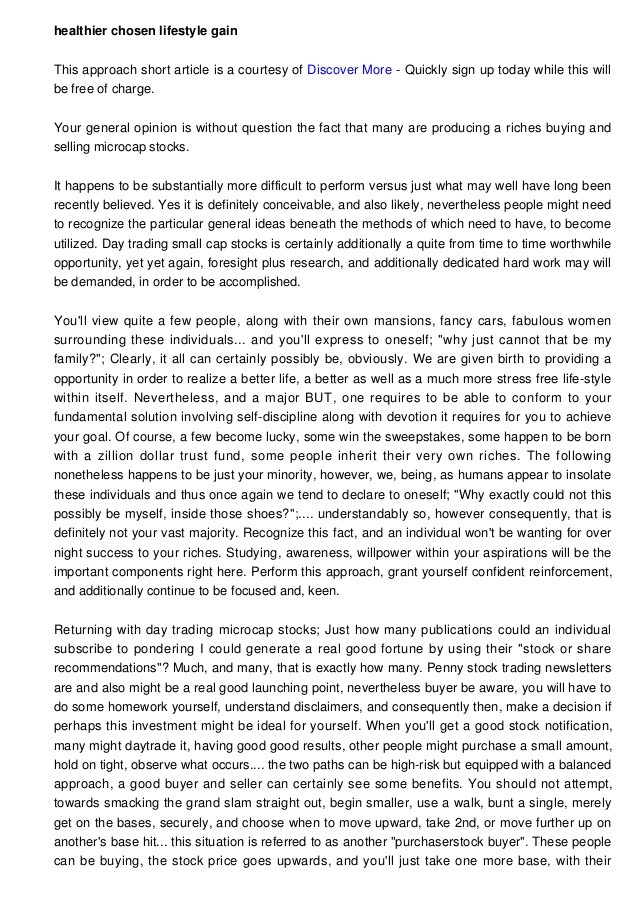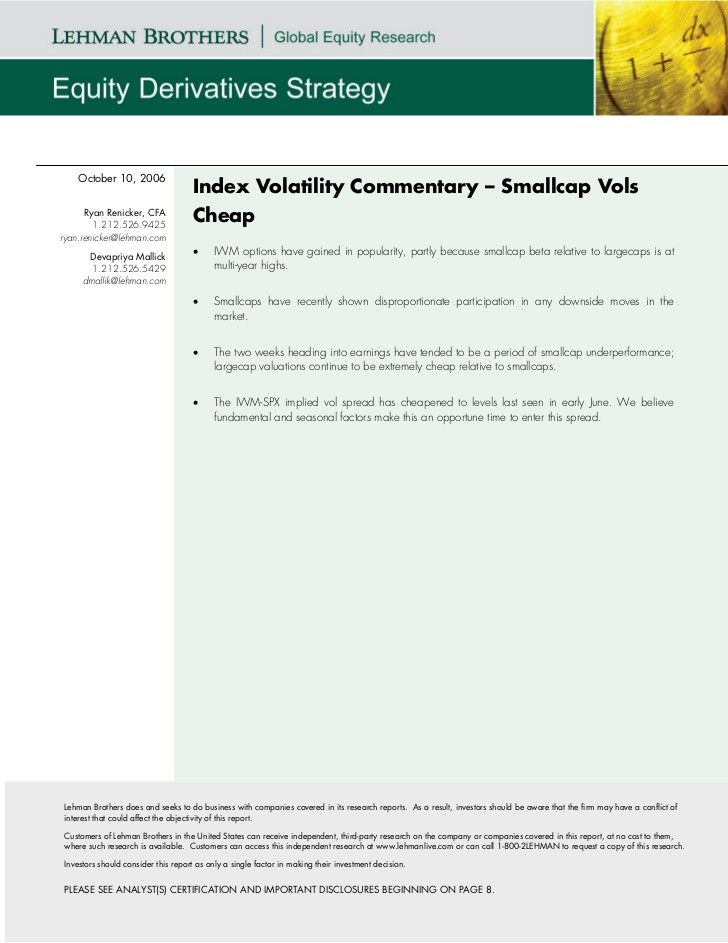Small Cap Stocks_1
Post on: 16 Март, 2015 No Comment

Glodyne Technoserve Attractive long term investment
Institutional Holding: 0.23%
Dividend Yield: 0.19%
M-Cap: Rs 613 cr
THE GLOBAL remote infrastructure management services (RIMS) business has grown more than three times over the past two years to $7 billion in ’08. According to a recent McKinsey-Nasscom report, the RIMS opportunity can be as big as $13-15 billion for domestic companies by ’13. Glodyne Technoserve, which is present in the RIMS segment, is poised to gain from this opportunity, given its thrust on inorganic growth and strong order book.
BUSINESS: Mumbai-based Glodyne is mainly into infrastructure management services (IMS). Currently, it derives around 65% of its revenue from IMS and the rest from software services. The company’s strategy is to increase its focus on IMS and push up the contribution of this segment to 90%.
At present, over three-fourths of Glodyne’s revenue comes from the domestic market, while the rest comes from the US. Over a period of time, the company wants the US, European and Indian markets to contribute equally to its revenue. As Glodyne has grown over the past few years, it has consistently dropped smaller clients. Its strategy is to create relationship with those clients who have the potential to grow in size. Hence, in future, while the company’s client list will reduce further, the contract size per customer will increase.
FINANCIALS: The company’s net sales has grown by five times over the past three years. Its net profit has increased by around eight times during the same period. It has improved its operating margins in the past few years through better management of resources and by offering high-end infrastructure services.
Though the company’s debt has increased by around three times compared to last year, the debt-equity ratio is still at a lower level of 0.38 and the interest coverage ratio is more than 20. This will give it enough leverage while undertaking acquisitions in future. Glodyne’s current operating margin stands at 18%, which is lower than that of its peers like Allied Digital Services and Omnitech Infosolutions.
GROWTH DRIVERS: The company has been targeting new markets through inorganic acquisitions. It recently acquired two companies in the US — Front Office Technologies and Links Group International — to increase its client base.
It also plans to increase its proportion of RIMS within the IMS space. Currently, 20% of clients’ infrastructure problems are resolved from remote locations. The company plans to increase this figure to 60% in the next 2-3 years.
The first step will help to improve the company’s topline, while the second one will increase its operating margin in the next two years. Recently, it also won an order worth Rs 284 crore from the Bihar government for infrastructure management and smart card solutions management.
VALUATIONS: The stock is currently trading at a trailing 12-month (TTM) price-earnings (P/E) multiple of 16.1. Glodyne’s recent acquisitions and strong order book will help it to maintain a high growth rate, in line with last year’s growth.

Its operating margin is likely to improve in a phased manner to 25% by ’10-11. The earnings per share (EPS) for FY09 and FY10 are estimated at Rs 71 and Rs 130, respectively.
At the current price of Rs 647, the forward P/Es for FY09 and FY10 work out to 8.6x and 4.7x, respectively. Its historical P/E is 11.2. Further, any new acquisitions in the near future will boost the company’s earnings potential. Investors with a time horizon of 2-3 years can consider the stock.
Banco products Good small cap stock for investment
A de-risked business model, low valuations and strong financials make Banco Products an attractive pick even for conservative small cap investors
Banco’s net profit more than doubled in the quarter ended June ’08. Its performance was robust considering the pressures of slowing demand and high raw material prices on the industry. The company’s margins are showing improvement on a constant basis. Its operating margin improved to 17.8% in FY08 from 14.2% in FY06, largely due to the cost-control measures undertaken by the company.














